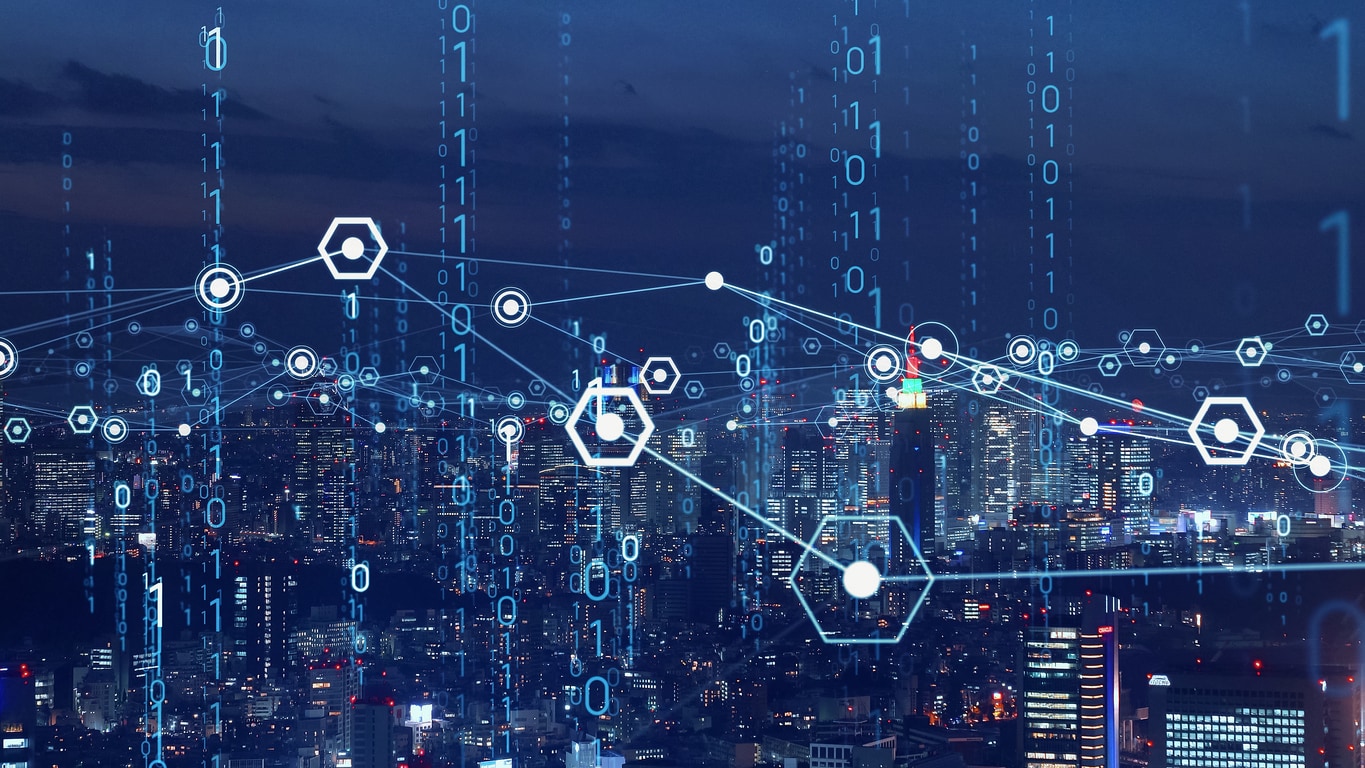By Steven Cornwell, Global Director, ERA-co

Urban landscapes are emblematic of human progress and ingenuity, and stand as testaments to our collective ambition. However, as cities burgeon and evolve, the inherent vulnerabilities within their fabric become increasingly apparent.
Cities are the beating hearts of economies and cultures, yet they often struggle to anticipate and mitigate the impact of unforeseen disasters and crises. In such times, the necessity for innovative solutions has never been more pressing.
The advent of artificial intelligence (AI) brings forth a beacon of hope, promising a paradigm shift in urban planning and crisis management. Within urban development, AI offers a suite of capabilities that transcend the limitations of conventional methodologies. By harnessing AI’s analytical prowess, predictive abilities, and adaptive frameworks, cities can fortify themselves against the tumultuous onslaught of unpredictable events.
Shortcomings of existing cities in crisis preparedness
Today’s modern cities showcase remarkable progress and innovation but often exhibit notable shortcomings in their preparedness to handle unforeseen crises. Despite strides in urban development, several inherent deficiencies hinder their ability to effectively respond to and mitigate the impact of unexpected disasters or crises.
- Lack of adaptability to unforeseen events: Many cities are structured around static, predetermined plans that struggle to accommodate sudden disruptions or crises. The rigid nature of existing urban infrastructure and planning frameworks limits the city’s adaptability to unforeseen events, resulting in delayed or inadequate responses.
- Inefficiencies in response mechanisms: The response mechanisms of cities are frequently encumbered by bureaucratic complexities, communication gaps, and fragmented coordination among various stakeholders. These inefficiencies often impede swift and coordinated responses during crises, leading to delayed assistance and inadequate allocation of resources.
- Limited integration of advanced technologies: The integration of advanced technologies – particularly predictive and real-time monitoring systems – remains limited in many cities. This deficiency hampers their capacity to foresee and prepare for potential crises by leveraging data-driven insights and early warning systems.
- Insufficient preparedness planning: Urban planning often focuses on routine scenarios or known risks, leaving cities ill-equipped to handle unprecedented and multifaceted crises. The lack of comprehensive preparedness planning overlooks the need for adaptive strategies to navigate complex, rapidly evolving situations.
- Vulnerabilities in critical infrastructure: Critical infrastructure, such as transportation networks, utilities, and healthcare facilities, may exhibit vulnerabilities due to aging systems, lack of maintenance, or inadequate resilience planning. These vulnerabilities amplify the impact of crises and hinder swift recovery efforts.
- Socioeconomic disparities and accessibility challenges: Socioeconomic disparities within cities create uneven access to resources and services, exacerbating the vulnerability of certain populations during crises. Limited access to essential services, information, and evacuation resources can disproportionately affect marginalized communities.
The deficiencies in adaptability, response mechanisms, technological integration, comprehensive planning, infrastructure resilience, and social equity collectively undermine the preparedness of existing cities for unforeseen crises. Addressing these shortcomings is crucial to bolstering cities’ resilience and enhancing their capacity to effectively respond to and recover from unexpected disasters and crises.

Leveraging AI Data Collection for Disaster Preparedness
Leveraging AI-driven data collection is pivotal in bolstering cities’ preparedness for disasters and unforeseen crises. The diverse capabilities of AI play a critical role in collecting, analyzing, and utilizing data to enhance disaster preparedness and response mechanisms.
AI facilitates real-time monitoring of urban infrastructure through sensors and monitoring systems that continuously gather and analyze data related to transportation networks, utilities, and public services. By detecting anomalies and predicting potential vulnerabilities, real-time monitoring enables proactive maintenance and swift interventions, thereby minimizing the impact of potential disasters.
More importantly, AI’s predictive analytics leverage historical and real-time data to forecast various crises, from natural disasters to infrastructure failures. By identifying patterns and trends, AI algorithms aid in developing early warning systems that provide crucial lead time for authorities to enact preventive measures, issue timely alerts, and mobilize resources in anticipation of impending crises.
AI-driven insights derived from complex datasets assist decision-makers in formulating effective crisis response strategies. By processing diverse information sources in real time, AI systems enable informed decision-making during emergencies. These insights facilitate efficient resource allocation, rapid deployment of emergency services, and adaptive response strategies tailored to specific crisis scenarios.
By incorporating information from social media, mobile applications, and other sources, cities gain real-time insights into public sentiments, needs, and emerging challenges during crises. This citizen-centric approach fosters inclusive crisis management strategies that prioritize the diverse needs of the population, ensuring a more comprehensive and responsive emergency response.
Future Urban Landscapes with AI Technology
The trajectory toward AI-powered urban environments involves comprehensive smart city frameworks prioritizing resilience and sustainability. AI technologies facilitate the creation of eco-friendly and energy-efficient cities.
From waste management to energy distribution, AI optimizes systems to minimize environmental impact while maximizing resource conservation. This shift towards sustainability aligns with creating greener, more efficient urban spaces capable of withstanding the challenges posed by future crises.
AI technology fosters citizen-centric approaches to crisis management and urban governance, which involve engaging residents through participatory platforms, real-time feedback mechanisms, and tailored services that address diverse societal needs. By incorporating citizen input, cities become more inclusive and responsive, ensuring that urban developments and crisis responses prioritize equity, inclusivity, and the well-being of their residents. Through these advancements, AI-powered cities are poised to proactively anticipate challenges, innovate continuously, and create sustainable, people-centric urban environments.
As urbanization accelerates, cities have an urgent opportunity and duty to leverage AI to develop adaptive frameworks that can withstand crises, overcoming deficiencies in existing preparedness. By enabling real-time monitoring, predictions, and data-driven decisions, AI shows immense promise to optimize disaster response, provided there is comprehensive integration into urban planning and governance.
To realize AI’s full potential, cities must invest in resilient infrastructure, extensive datasets, computing capabilities, and multidisciplinary expertise to train reliable models while establishing ethical policies that ensure accountability and awareness of unintended consequences. With prudent investments, robust data systems, and responsible oversight, cities can utilize AI as a pivotal tool for actualizing sustainable, equitable, and crisis-ready urban environments to uphold their citizens’ welfare while pioneering innovations that cultivate global resilience.

Steven Cornwell is the Global Director of ERA-co, currently living in NYC. Over the course of 20 years, Steven has garnered an international reputation for developing leading brands from a broad range of sectors including real estate, place, culture, consumer retail, media, transit and infrastructure, and professional services. ERA-co is a global place brand specializing in data science, research and insight, user strategy, urban systems, and brand experience.
